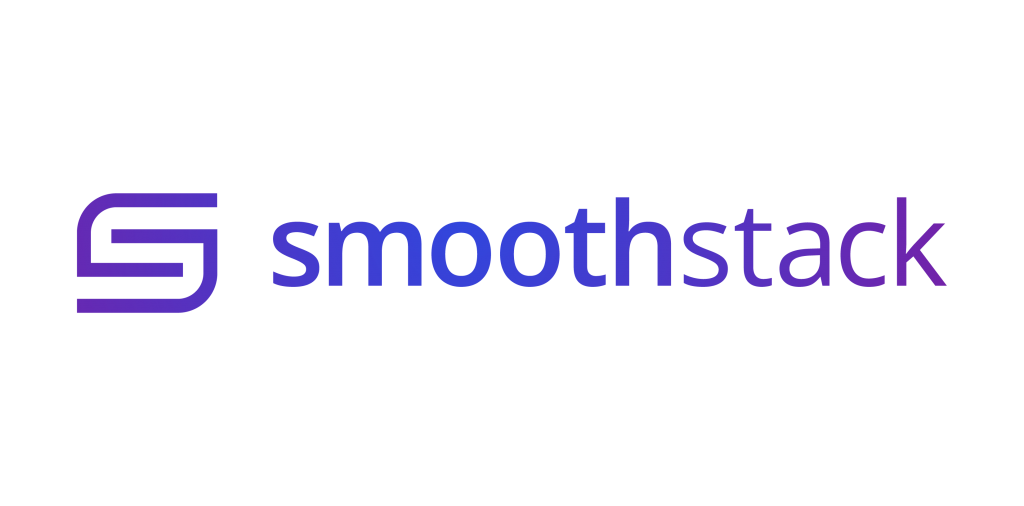In the booming tech landscape, promises of lucrative careers and cutting-edge skills often entice young professionals. However, a recent lawsuit against Smoothstack, a prominent IT staffing agency, paints a starkly different picture of their training program, raising concerns about exploitative practices and questionable contracts.
This article delves into the heart of the lawsuit, examining the allegations, potential legal implications, and wider industry questions surrounding training agreements and employee rights.
Background

Smoothstack, known for its programs designed to train individuals for careers in technology, has come under scrutiny for its employment practices. The class action lawsuit asserts that the company implemented a wage scheme that is allegedly in violation of labor laws. This has led to legal action being taken on behalf of affected individuals who claim to have experienced unfair treatment.
Unveiling the Allegations
The lawsuit, filed by former employee Justin O’Brien in federal court, sheds light on the alleged inner workings of Smoothstack’s training program. At the core of the accusations lies the Training Repayment Agreement Provision (TRAP). This agreement requires participants to repay a hefty sum – upwards of $23,875 – if they leave the company before a two-year service commitment is fulfilled.
Additionally, O’Brien claims:
- Unpaid Training: Participants receive no compensation for the initial three weeks of training, effectively lowering their overall wages below minimum wage.
- Overtime Pay Violations: Trainees allegedly work significant overtime hours exceeding 40 per week, but only receive pay for the first 40.
- Restricted Job Placement: While promising placements with prestigious clients, Smoothstack allegedly exerts extensive control over job assignments, limiting career autonomy.
- Predatory Targeting: The lawsuit suggests Smooth Stack targets recent graduates and career changers who may be unaware of their legal rights or desperate for entry into the tech field.
These accusations paint a troubling picture of a program that appears to exploit the aspirations of young professionals, trapping them in debt and limiting their freedom.
Legal Ramifications
O’Brien’s lawsuit raises several legal questions concerning the TRAP and Smoothstack’s practices. Potential violations of the Fair Labor Standards Act (FLSA) are at the forefront, particularly regarding unpaid training and overtime pay discrepancies. The FLSA mandates minimum wage compensation and overtime pay for hourly employees, regardless of training status.
Additionally, the enforceability of the TRAP itself is under scrutiny. Critics argue that its hefty financial penalties effectively indenture employees, creating an oppressive imbalance of power. The outcome of the lawsuit could have significant repercussions for Smoothstack and the training program industry as a whole. A ruling in O’Brien’s favor could set a precedent for stricter regulations and protections for trainees across the tech sector.
Unraveling the Two-Year Commitment
SmoothStack’s unique stipulation requiring IT staff to stay for a minimum of two years or face a significant financial penalty is at the heart of the controversy. This section breaks down the terms of this commitment and explores the legal implications surrounding such binding contracts.
-
Terms and Conditions
The contractual obligations placed on IT professionals by SmoothStack involve not only the duration of employment but also the financial repercussions for early departure. Understanding the nuances of these terms is crucial to grasping the impact on employees’ career choices.
Beyond the Lawsuit
The Smoothstack case raises broader concerns about the tech industry’s use of TRAs and the power imbalances between employers and employees. Proponents of TRAs argue they incentivize employees to stay and recoup training costs, but critics counter that they exploit vulnerable workers and suppress wages.
Furthermore, the lawsuit highlights the potential for predatory hiring practices targeting individuals seeking career advancement. The promise of high-paying tech jobs can lure people into signing contracts with hidden costs and limited benefits.
Ethical and Legal Implications
The Smoothstack case is currently ongoing, and its legal outcome remains uncertain. However, it has already sparked discussions about the ethical implications of TRAs and the need for stricter regulations in the tech industry. Some argue for outright bans on TRAs, while others advocate for stricter legal boundaries and protections for employees.
Employee Testimonials
To offer a comprehensive view, we present firsthand accounts from IT professionals who have experienced SmoothStack’s employment model. These testimonials provide insights into the challenges faced by employees bound by the two-year commitment and the subsequent legal consequences they may encounter.
Comparisons with Industry Standards
Benchmarking SmoothStack’s employment practices against industry standards is crucial to understanding the uniqueness of their model. This section provides a comparative analysis of similar IT staffing firms, highlighting the deviations that set SmoothStack apart.
Conclusion
SmoothStack’s controversial employment model, characterized by a two-year commitment and financial penalties, has become a focal point in the IT industry. As legal battles unfold, the implications for both employers and employees in the sector remain profound. This article aims to provide a comprehensive overview of the situation, contributing to the ongoing discourse surrounding labor practices in the IT staffing realm.
